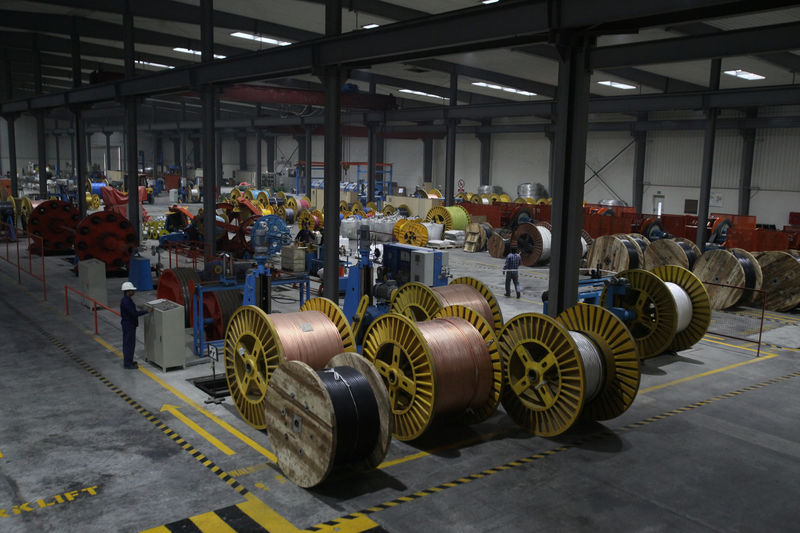Copper Prices React to U.S. Elections and China's Policies
The copper market experienced a volatile week as a response to the U.S. presidential elections and policy announcements from China. Unlike the rally seen after Donald Trump’s victory in the 2016 election, copper did not experience a similar explosive rise this time. The market was cautious ahead of the elections, with fund managers holding a modest net long position in copper.
In the days surrounding the election, copper prices on the London Metal Exchange fell by 4.1% on Wednesday but recovered almost all of those losses on Thursday. Traders speculated that the threat of tariffs on Chinese goods might encourage the Standing Committee of the National People's Congress (NPC) in China to increase economic stimulus measures. However, the announcement of a $1.4 trillion package aimed at alleviating local governments' debt burdens fell short of expectations, leading to a sell-off in copper. On Friday, copper closed at $9,443.50 per metric ton, marking a 1.3% loss for the week.
There was a clear expectation that the outcome of the U.S. election, which could affect trade policies, and China's economic response would play a significant role in the market. The potential for a 60% tariff on Chinese goods proposed by Trump could be a negative factor for copper, although its direct impact on metal flows between the U.S. and China may be limited. The Biden administration had previously increased import tariffs on Chinese aluminum and steel products, with Canada and Mexico also implementing similar measures.
A greater concern for the copper market is the broader impact on the Chinese economy, which has become more sensitive to trade wars compared to eight years ago. The initial market reaction to the election focused on seeking signs from Beijing, but the response received was a debt management plan unlikely to significantly stimulate growth in the short term.
As the largest consumer of metals, China's economic policies continue to be a focal point for the copper market. With the U.S. elections concluded, attention has returned to how Beijing's actions will shape copper demand. The market remains vigilant for any policy changes that could affect the trajectory of the metal.
The image provided shows a general view of molten copper at Anglo American's smelter in Chagres, Chile, on April 26, 2024. Metal bulls hope that changes in policy in Washington could lead to a shift in the stimulus approach in Beijing, potentially impacting copper prices.


